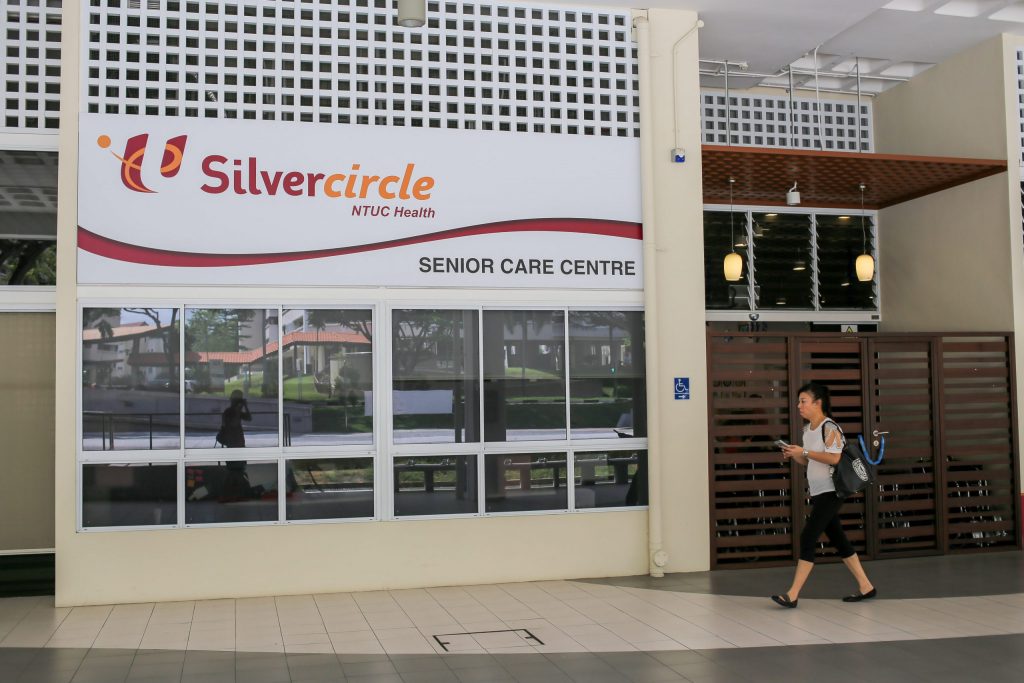Singapore Census 2020
June 22, 2021

The census aims to provide basic information about the population of a country and allows countries to track population trends and compare census data with each other. Singapore aligns itself with international best practices and records the population census once in ten years. Singapore’s latest census, titled ‘Census 2020’, was recently released. In an interview with Channel News Asia, Professor Jean Yeung (NUS Sociology and Centre for Family and Population Research) outlines two of Singapore’s most pressing challenges in response to the census — Singapore’s rapidly ageing population and its low fertility rate.
Prof Yeung remarks that the country’s rapidly ageing population is a concern for policymakers. As pointed out by Census 2020, out of 100,000 people struggling with basic activities, 69,000 are seniors. Prof Yeung asserts that the number of people in their 70s and 80s will increase, along with the number of people who struggle with basic activities. This will also increase Singapore’s need for elderly care. She thus recommends policies that are focused on training Singaporeans in elderly care, with a focus on community and home-based care.
Another challenge confronting Singapore is the country’s decreasing fertility and marriage rates. Prof Yeung explains that the fall in Singapore’s average household size is caused by married couples having fewer children and an increase in unmarried Singaporeans. This trend is projected to continue in the coming years.
To improve Singapore’s fertility rate, Prof Yeung proposes policies that reduce gender inequality in the workplace. She argues that it is hard for women in Singapore to strike a balance between their career aspirations and domestic responsibilities. Women are more willing to put the option of having kids on hold to fulfil their aspirations. Policies such as improving work-life balance for couples, increasing the affordability of childcare services, and encouraging their partners to shoulder more domestic responsibilities could tackle this problem.
However, not all is lost. Prof Yeung points out that policymakers on our shores have already leveraged institutional tools to develop policies such as extending the retirement age, encouraging lifelong learning across all demographics, and developing flexible work arrangements to tackle these challenges. She asserts that Singapore has a wide range of policy options to confront the challenges presented by Census 2020.
Watch the interview here!
